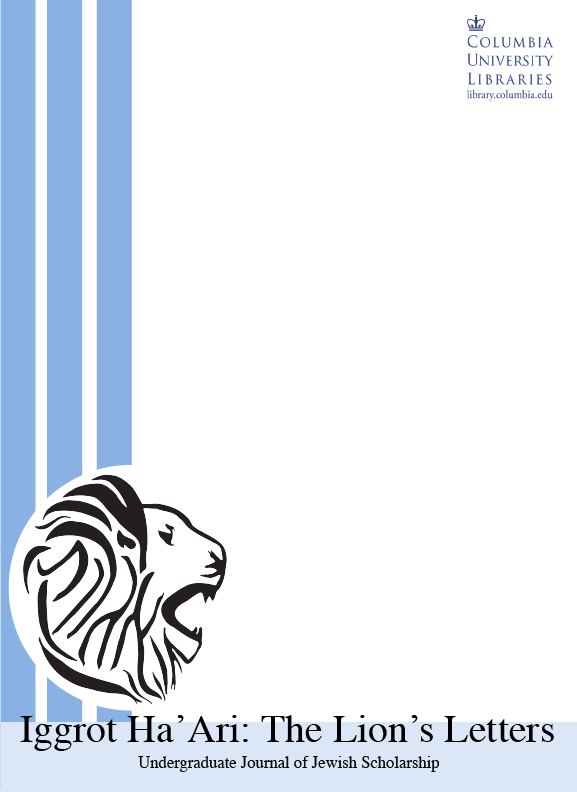Abstract
The history of Ashkenazi Judaism in Christian Europe, particularly in the earlymodern period, is the story of a religious minority subsisting within a threatening majority: its ability to resist cultural dominion and preserve its own cultural-religious traditions. One such setting in which this interaction materialized was through the religious calendar of the Christians. Specifically, the popular celebration of Christmas was a point of concern for the Jewish communities, and, in turn, became a vehicle for assault. While the tradition’s inception was formed as a means to counter the holiday, its actualization served to inculcate Christianity, its doctrines and its ethos, within the Jewish tradition. Thus, Nittel Nacht was an anti-anti holiday — its observance blurring the line between repudiation and celebration — which produced an everlasting bond between the two religions.

This work is licensed under a Creative Commons Attribution 4.0 International License.
Copyright (c) 2022 Iggrot Ha'Ari

